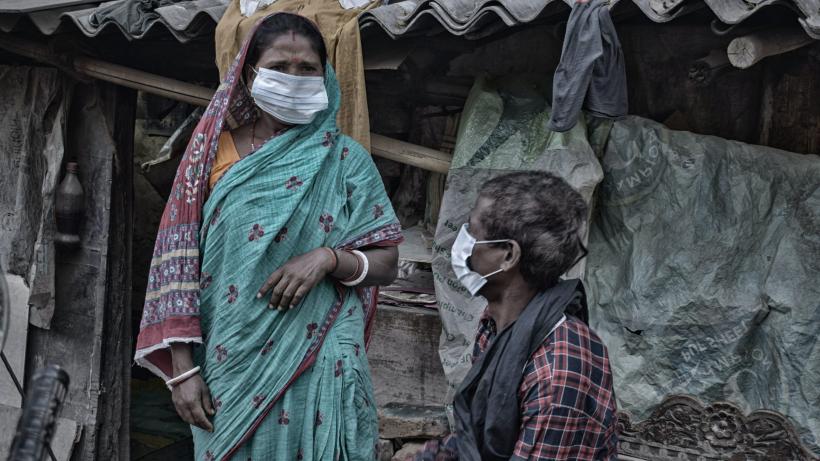Understanding the impact of COVID-19 in Patna's slums
This study seeks to address two related questions:
- First, what are the effects of COVID-19 in urban slum neighbourhoods in India?
- Second, how are differences in these effects related to these slums’ preexisting conditions?
Our prior work on slum communities in Patna suggests that this population is particularly vulnerable to both health and economic shocks brought on by COVID-19.
Over the past ten years, a research team at Duke University led by the PI has compiled and analysed information about 10,000 households in more than 200 slum neighbourhoods in 3 cities of India (Patna, Bengaluru, and Jaipur) – including 2300 households in Patna – undertaking multiple rounds of household surveys and hundreds of focus groups and key informant interviews.
Our database comprises the most comprehensive evidence on Indian slums, examining both official and unofficial slums, and spanning the continuum of living conditions, from the crudest “blue-polygon” settlements (with homes constructed from tarp and mud) to multistory concrete tenements. Building on this database, we will examine the relationship between preexisting conditions in slums in our sample, and the effects of the health and economic shocks related to the virus and associated responses, with recommendations for policymakers on how to assist affected households.
This study will provide relevant, timely information to Bihar’s policymakers. Further, by also providing a view into similar indicators in Bangalore’s slum households, we seek to examine alternative policy approaches which could yield essential comparisons for Patna.
Our prior work found that health shocks are a primary cause of descents into poverty, to which this population is particularly vulnerable (Krishna, 2017). In the present study, we will be looking to isolate the effects, separately, of the health and the economic shocks.



